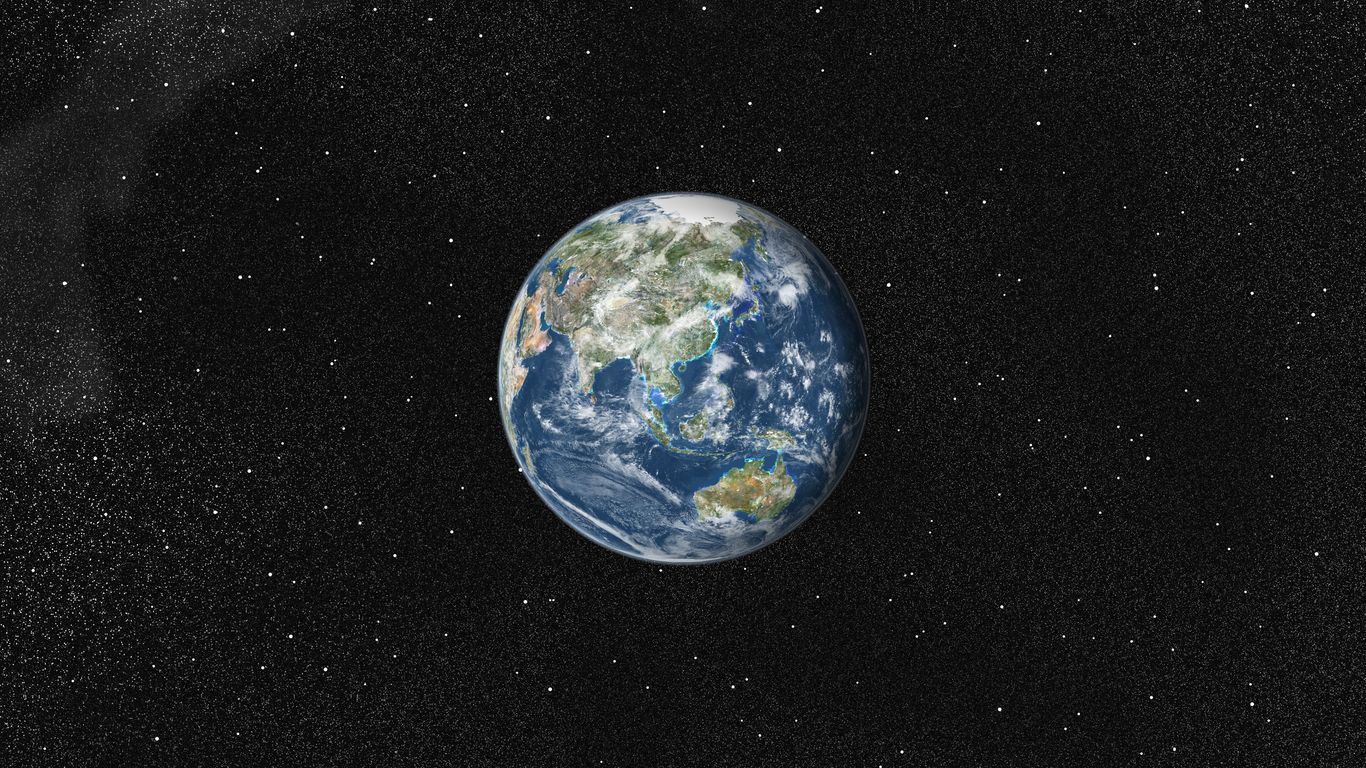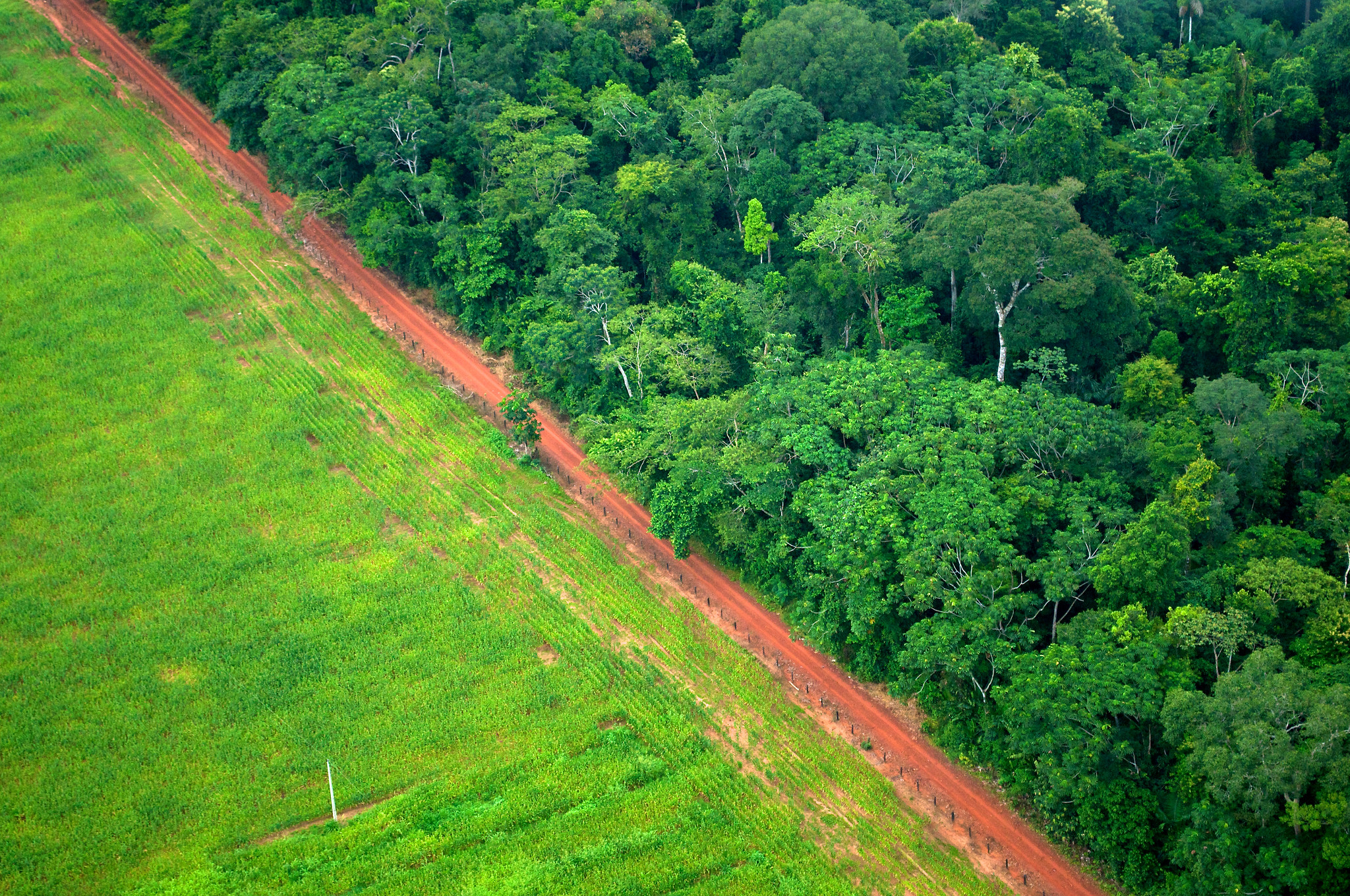An area the size of Switzerland was cleared from Earth’s most pristine rainforests in 2022, despite promises by world leaders to halt their destruction, new figures show.
From the Bolivian Amazon to Ghana, the equivalent of 11 football pitches of primary rainforest were destroyed every minute last year as the planet’s most carbon-dense and biodiverse ecosystems were cleared for cattle ranching, agriculture and mining, with Indigenous forest communities forced from their land by extractive industries in some countries.
The tropics lost 4.1m hectares of primary rainforest in 2022, an increase of around 10% from 2021, according to figures compiled by the World Resources Institute (WRI) and the University of Maryland. The report’s authors warn that humans are destroying one of the most effective tools for mitigating global heating and halting biodiversity loss.
Land use change is the second largest source of greenhouse gas emissions behind the burning of fossil fuels and is a major driver of biodiversity loss. Limiting global heating to 1.5C above preindustrial levels is unlikely without stopping the destruction of rainforests, according to scientists.
An area the size of Switzerland was cleared from Earth’s most pristine rainforests in 2022, despite promises by world leaders to halt their destruction, new figures show.
From the Bolivian Amazon to Ghana, the equivalent of 11 football pitches of primary rainforest were destroyed every minute last year as the planet’s most carbon-dense and biodiverse ecosystems were cleared for cattle ranching, agriculture and mining, with Indigenous forest communities forced from their land by extractive industries in some countries.
The tropics lost 4.1m hectares of primary rainforest in 2022, an increase of around 10% from 2021, according to figures compiled by the World Resources Institute (WRI) and the University of Maryland. The report’s authors warn that humans are destroying one of the most effective tools for mitigating global heating and halting biodiversity loss.
Land use change is the second largest source of greenhouse gas emissions behind the burning of fossil fuels and is a major driver of biodiversity loss. Limiting global heating to 1.5C above preindustrial levels is unlikely without stopping the destruction of rainforests, according to scientists.
In response to the new figures, Inger Andersen, the UN’s environment chief, has called for a higher price for forest carbon to eliminate the short-term economic incentive to clear rainforests. Through carbon markets, countries with forests that are critical to the climate – such as Gabon, Brazil and Peru – could receive payments to keep them standing, although there are doubts about their conservation success and ability to scale to the required size. In April, a report calculated that at least $130bn (£100bn) a year was needed to protect the most at-risk areas.
“Forests are critical for our wellbeing and the wellbeing of planet Earth. Ending deforestation and halting forest cover loss are essential ingredients to fast-tracking climate action, to building resilience and to reducing loss and damage. We need to put a higher price on forest carbon, one that reflects the true value of forests, that reflects the actual cost of emissions and that is sufficient to incentivise the sellers to protect standing forests,” Andersen said.
“Forest protection and forest restoration is about so much more than a carbon price. It is about protecting biodiversity; protecting the livelihoods of Indigenous people and local communities, and sustaining the hydrological cycle to stabilise weather patterns and protect ourselves against landslides, soil erosion and flooding. We simply cannot afford to lose more forest cover,” she added.
The 2022 figures cover the final year of Jair Bolsonaro’s presidency in Brazil, during which huge areas of the Amazon were cleared. Luiz Inácio Lula da Silva, his successor, has promised to end deforestation and is holding a pan-Amazon summit later this year where the issue will be discussed.
Brazil, Indonesia and the DRC, which are home to around half of the world’s remaining rainforests, are increasingly working together at UN environmental talks to demand money for protecting forests in a coalition called the “Opec of rainforests”.
The figures describe tree-cover loss, which is not necessarily deforestation. Deforestation is always done by humans while tree cover can be lost through wildfires and other events. The figures do not include regrowth or regeneration of a forest.














